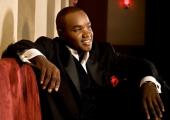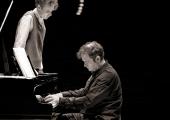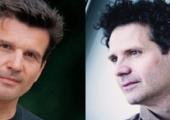100 Years of German Song, 1810-1910, Schade, Martineau, Wigmore Hall

Exquisite song recital delivered with barely a drop of state subsidy
As we take in news of the cuts that the arts will have to absorb, and wait for the Cassandras to start hollering, it's important to remind ourselves of one arts venue that won't be wiping one bead of sweat off its brow as a result of today's announcements: the Wigmore Hall. This season, Britain's finest chamber music venue has a line-up of unsurpassed quality and variety. Yet it does so with less subsidy than any other equivalent music organisation in the country. Cuts in state subsidy do not end quality. They improve it.




